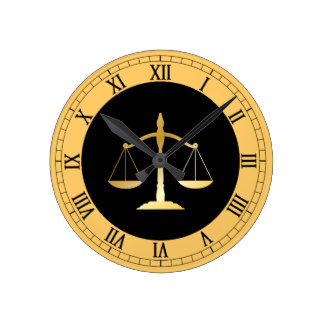When it comes to filing for divorce in Texas, many people wonder whether it matters who files first. The short answer is: it can make a difference, but it ultimately depends on the specific circumstances of your case.
First, it’s important to understand the basics of how divorce works in Texas. In order to file for divorce, one spouse must have been a resident of the state for at least six months and a resident of the county where they are filing for at least 90 days. Once those requirements are met, the person who files for divorce is considered the “petitioner,” and the other spouse is considered the “respondent.”
One of the main advantages of being the petitioner is that you have more control over the timing of the divorce process. For example, if you file first and your spouse is not yet ready to divorce, they will have to respond to your petition within 21 days. If they do not respond, you can proceed with the divorce without their participation. Additionally, if you are the petitioner, you will have the opportunity to present your case to the court first, which can give you an advantage in terms of setting the tone for the proceedings.
Another advantage of being the petitioner is that you may have more control over the terms of the divorce. For example, if you file first, you may be able to request that the court grant you temporary orders for things like child custody, child support, and possession of the marital home. These orders can be in place until the divorce is final, and they can be important for protecting your interests during the divorce process.
However, being the petitioner does have some disadvantages. For example, if you file first and your spouse is not yet ready to divorce, they may be more likely to fight back and contest the divorce. Additionally, if you are the petitioner, you may be more likely to be held responsible for the costs of the divorce, such as attorney’s fees.
Ultimately, whether it matters who files for divorce first in Texas depends on the specific circumstances of your case. If you are the petitioner, you may have more control over the timing and terms of the divorce, but you may also be more likely to face resistance from your spouse and to be held responsible for the costs of the divorce.
It’s important to seek legal advice when considering divorce, as the attorney can help you weigh the pros and cons of being the petitioner and help you to make the best decision for your case. It also important to consider the kids and the finances when making the decision and try to reach an agreement with your spouse, this will save time and money and will reduce the stress on all parties involved.
Ultimately, whether or not it matters who files for divorce first in Texas depends on the specific circumstances of your case. While there are some advantages and disadvantages to being the petitioner, it’s important to seek legal advice and consider the well-being of your children and your finances when making the decision to file for divorce.
